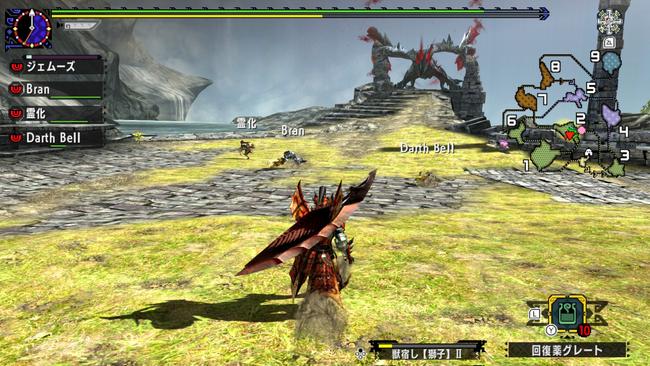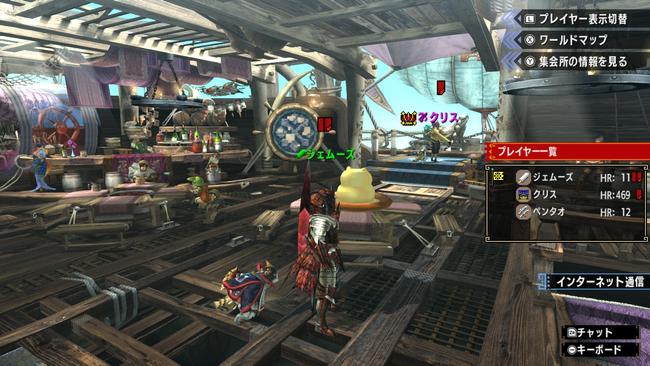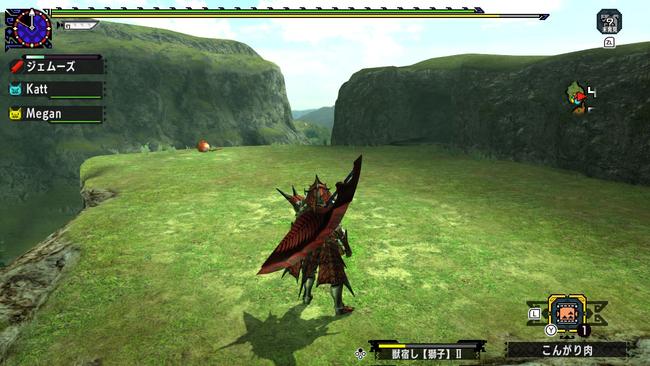
Monster Hunter Generations Ultimate Review
We originally reviewed Monster Hunter Double Cross, the Japanese version of Monster Hunter Generations Ultimate back in September of 2017. We opted to base our review of the western release off of our prior review, seeing as there are no major differences between the western and Japanese releases besides the language of the text displayed. Our conclusions on the title have not changed since our original, Japanese version review. We received and tested a review copy of Monster Hunter Generations Ultimate, in addition to the original copy of Monster Hunter Double Cross we played to completion for our initial review.
-Review originally posted September 6, 2017. Review updated August 28, 2018-
As I mentioned way back in my preview of Monster Hunter Generations Ultimate's (Japanese) Switch demo, it's hard to recommend the game for anyone that isn't already a fan of the Monster Hunter series. Part of it was the fact that at the time the game was only in Japanese, but I'd also say there's more to it than just the language barrier. Monster Hunter Generations, the 3DS release which MHGU is based on, was less a full-fledged Monster Hunter sequel and more an experimental spattering of ideas that Capcom decided to roll with. Unlike Monster Hunter 4 Ultimate, it definitely felt like at times that it lacked direction.
Monster Hunter Generations had three primary selling points - Hunter Arts, Hunting Styles, and Deviant Monsters. Hunter Arts are special moves that players can use whenever the move's corresponding bar is filled, and tend to be either stronger than the equipped weapon's other attacks, or give the player other effects. Hunting Styles gave players different ways to play weapons, ranging from the default Guild Style to the mid-air focused Aerial Style and more. I won't go into the intricacies of the rest of the combat system, since the basic idea of methodical combat where timing and positioning play a key part in your success remains (mostly) unchanged from previous titles.

MHGU adds two new Hunting Styles, in addition to the 4 available in MHGen. Alongside those, a spattering of new Hunter Arts are also included, but it's fair to say that these new styles are the meat of the game's combat changes/additions. Brave Style acts like a cross between the ideas already present in Generation's Adept style, and the power bars that weapons like the Longsword and Dual Blades already employed to showcase and gate stronger attacks. Players combine the use of the "brave" button to brace for incoming attacks, chain together attacks, and build up a bar that when filled powers up the hunter's weapon.
On the flipside, Alchemy Style takes some of the ideas of a "support class" from the Hunting Horn, and expands upon it, giving every weapon user the option of playing a more passive role in hunts. Players shake and let loose an "Alchemy Barrel", that grants different effects depending on how many times the barrel has been shaken. Whereas Valor Style felt like it easily worked alongside a weapon's strengths and weaknesses, Alchemy Style felt a little disconnected to whatever weapon I was using. The monumental difference between the core philosophies of these two styles was striking whenever I saw them used side-by-side - though notably, I didn't see nearly that many players using Alchemy Style online during my testing.

Ultimately both of these styles are more complicated than the already somewhat confusing styles introduced with the system in Generations, but for different reasons. If one of the major complaints I had with Generations was that it felt like it lacked direction, especially near the end-game, I'd say that the differences between these two new styles highlights how that lack of direction persists even with MHGU. That's not to say that the game is bad, or I didn't have a great time with it so far, but it does feel like it puts a lot of the other new additions to the title into perspective.
Unlike MHGen, MHGU now has G-rank content. If you're already a fan of the series (which I'd hope you are, reading this review), then you know what to expect - difficulty above High Rank, an abundance of Purple sharpness weapons, new versions of monsters to fight, and more. MHGU does add a few new monsters to the game's roster in addition to a few returning foes, but unlike with Monster Hunter 4 Ultimate, the changes that G-rank brings feel a little weak. You do have new Deviant monsters to fight - the "subspecies-type" monsters from MHGen - and you've got the excellent Valfak fight, along with a fantastic boss monster at the end of the road, but there's nothing hugely different to G-rank compared to how the jump felt in MH4U. Love them or hate them, Apex monsters shook things up in the end game and really differentiated the feeling of tackling a High-rank quest from a G-rank one.

I suppose the new Deviant monsters could be seen as the major addition to G-rank, but I know I'm not alone in feeling that the Deviant system just isn't terribly appealing as an end-game grind. Crafting armor and weapons for each Deviant monster is an even worse grind than normal, with just crafting a single set of armor at level 1 taking hours, and then upgrading them taking even longer from there. It would be better if there was something to use them on, like Guild Quests from MH4U, but Deviant monsters themselves seem to attempt to fill the gap left by their removal.
If you loved MHGen, then it's fair to say you'll love MHGU as well. if you grew tired of it, however, I can't really say there's anything that will really bring you back. For me, getting to play the game with an actual controller or in HD was enough to keep my attention, but even then I can't truthfully say how much longer this attention will last. I already went over the Switch exclusive changes in our preview, and my impressions are the same as then. Capcom did a good job upgrading the game to Switch, though it's definitely not a perfect conversion. However, I'd like to amend that statement by saying that the most compelling reason to pick up MHGU is the existence of the Switch version to begin with. I enjoyed my time with the Japanese 3DS release back in March of 2017, but even for the most seasoned of veterans, I find little reason to upgrade unless you're grabbing the game on Switch. The fact that MHGU's western release is only the Switch version makes that decision easier, at least.
If you're new to the Monster Hunter series, it still stands that I wouldn't recommend starting with Monster Hunter Generations Ultimate. But even if you're a longtime fan, I don't feel comfortable giving a flat recommendation either way on whether you should pick the game up. For all intents and purposes, it's still a great game, but MHGU definitely magnifies the flaws of the original release just as much as it may polish some of them. It's more of the same, whether or not that makes it worth returning to will depend on your own personal preference.